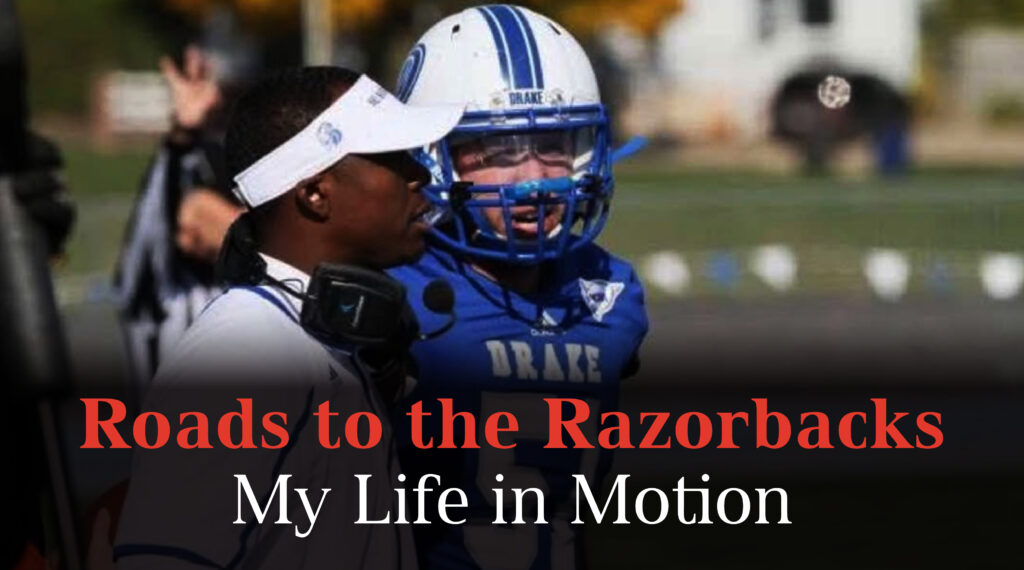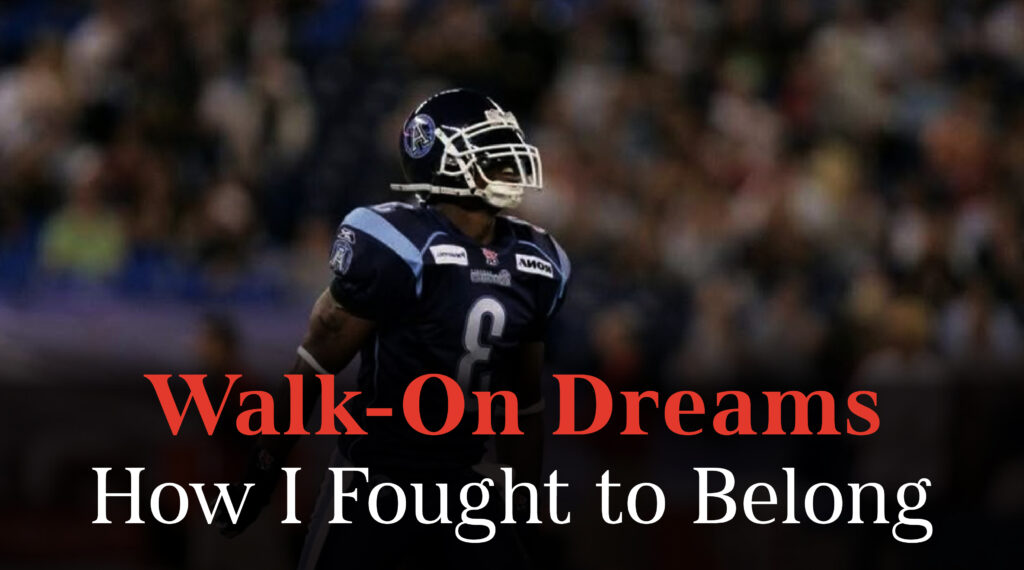Introduction
The roar of the crowd, the weight of the pads, the thrill of a game-winning play—these defined my life as a professional football player. For years, I lived for the gridiron, my identity tied to every tackle and touchdown. But when I retired at 33, I faced a new challenge: Who was I beyond the jersey? In The In Crowd: Life, Legacy, Leadership, I share how my shift from player to coach changed everything—not just my career, but my purpose, my faith, and my legacy. This transition wasn’t just a job change; it was a profound redefinition of what it means to lead, serve, and inspire. In this post, I’ll take you through the moments that reshaped me, from the end of my playing days to the lessons I learned on the sidelines, and why coaching became my true calling.
The End of the Playing Days – A Crossroads
Retiring from professional football at 33 felt like stepping off a cliff. The game had been my life since childhood, a constant rhythm of practice, film study, and competition. As I write in The In Crowd, “Football was more than a job; it was my identity, my community, my way of making sense of the world.” When injuries and age forced me to hang up my cleats, I grappled with a void. Who was Kahlil Carter without the game?
The transition was jarring. I missed the camaraderie of the locker room, the adrenaline of game day, and the clarity of chasing a win. But I also felt a stirring—a call to stay connected to football in a new way. Coaching wasn’t an immediate epiphany; it was a gradual realization born from reflection and prayer. I leaned on my faith, remembering a lesson from my mother: “God doesn’t close one door without opening another.” That door was coaching, but stepping through it required me to redefine success. No longer was it about my stats or accolades; it was about the impact I could have on others.
This crossroads taught me resilience. I had to mourn the loss of my playing career while embracing the uncertainty of a new path. It wasn’t easy, but it set the stage for the most transformative phase of my life. My shift from player to coach changed everything by forcing me to confront my fears and find purpose beyond the field.
Becoming a Coach
When I first stepped into coaching, I thought it would be a natural extension of playing. I knew the game inside out—coverages, blocking schemes, play calls. But coaching wasn’t about my knowledge; it was about teaching, inspiring, and serving. As I reflect in The In Crowd, “As a player, I led by example. As a coach, I lead by empowering others to find their own strength.” This shift in mindset was revolutionary.
My early days as a coach were humbling. I worked with young athletes, some raw and unpolished, others brimming with potential but lacking discipline. I quickly learned that coaching required patience and empathy. One moment stands out: a player struggling with confidence missed a key play in practice. Instead of critiquing his technique, I pulled him aside and shared a story from my own career—a game where I doubted myself but pushed through. “It’s not about being perfect,” I told him. “It’s about showing up and growing.” That conversation sparked a turnaround in his performance, and it showed me the power of coaching as mentorship.
This experience shaped my coaching philosophy: servant leadership. I realized that my role wasn’t to create mini-versions of myself but to help each player discover their unique strengths. Whether it was teaching a linebacker to read an offense or helping a quarterback manage pressure, I found joy in their growth. My shift from player to coach changed everything because it redefined leadership—not as dominance, but as service. It was no longer about my glory; it was about theirs.
Faith and Family – The Anchor Through Change
The transition from player to coach wasn’t just professional; it was deeply personal. As I navigated this new chapter, my faith and family became my anchors. In The In Crowd, I write, “Faith gave me the courage to step into the unknown, and family gave me the strength to keep going.” These words capture the heart of my journey.
Coaching demanded long hours—film sessions, practices, travel—but I was determined not to let it consume me the way playing sometimes had. I made a conscious effort to prioritize my family. I’d come home from a late practice and still carve out time to talk with my kids, listen to their stories, or pray together. My wife became my sounding board, helping me process the challenges of coaching and reminding me to stay grounded.
Faith played an equally vital role. During moments of doubt—when a game plan failed or a player struggled—I turned to prayer for clarity. One night, after a tough loss, I sat in my office, questioning my approach. I opened my Bible to Philippians 4:13: “I can do all things through Christ who strengthens me.” It was a reminder that coaching, like playing, wasn’t about my strength alone. This perspective kept me steady, allowing me to approach each day with purpose and humility.
Balancing faith and family while coaching taught me that legacy isn’t just about wins or losses; it’s about the values you instill. My shift from player to coach changed everything by showing me that true success lies in living authentically—on the field, at home, and in my relationship with God.
The Legacy of Coaching
As I settled into coaching, I began to see its ripple effects. The players I mentored weren’t just improving their skills; they were growing as people. I saw a shy freshman become a confident team captain, a hotheaded lineman learn to channel his energy, and a struggling student-athlete graduate with honors. These moments were more rewarding than any touchdown I ever scored.
Coaching also gave me a platform to share broader lessons. I encouraged my players to set goals beyond football—education, relationships, personal growth. “The game ends,” I’d tell them, “but who you become lasts forever.” This philosophy, rooted in my own journey, became the cornerstone of my legacy. As I note in The In Crowd, “My greatest achievement isn’t what I did as a player, but what I’ve helped others achieve as a coach.”
The shift from player to coach changed everything because it expanded my purpose. I was no longer chasing personal glory; I was building a legacy of impact. Whether it was a player thanking me years later for believing in him or a parent sharing how their child matured under my guidance, these moments affirmed that coaching was my calling. It’s a role that demands sacrifice but offers unmatched fulfillment—knowing you’ve shaped lives in ways that echo far beyond the scoreboard.
Conclusion
My shift from player to coach changed everything—not because it was a seamless transition, but because it forced me to grow, adapt, and redefine my purpose. From the uncertainty of retirement to the humbling lessons of coaching, from leaning on faith and family to building a legacy through mentorship, this journey reshaped my life. The In Crowd: Life, Legacy, Leadership captures these moments, offering a roadmap for anyone navigating change. For me, coaching isn’t just a job; it’s a calling to serve, inspire, and lead with purpose. If you’re at a crossroads, wondering what’s next, take it from me: the next chapter might just change everything.


